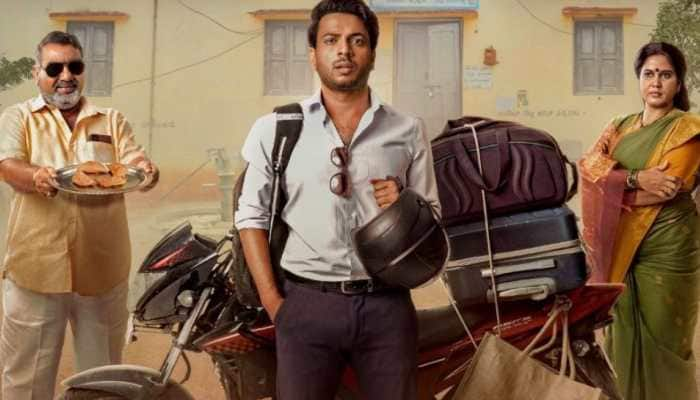Don't ignore back pain in children – This promising young cricketer's tale tells it all
Unlike in adults, a child with a backache may have a serious underlying disorder, and it should not be ignored.
Trending Photos
) Image credit: Children’s Physicians Medical Group/YouTube
Image credit: Children’s Physicians Medical Group/YouTube New Delhi: Back pain in children is unexpected, but it's becoming a common health complaint among the kids nowadays.
Unlike in adults, a child with a backache may have a serious underlying disorder, and it should not be ignored. The case can be even more critical if the child is 4 years old or younger, or the pain is persistent and felt in the same place. This requires immediate medical intervention and parents should sensibly help their child in caring the back starting in young age.
To create awareness about good back care in children, Dr Shumayou Dutta, MS (Ortho), a renowned Spine Surgeon and Consultant at Medica Super-speciality Hospital & Neck-Spine Clinic,
Kolkata, highlights a similar case of a promising cricketer's tale.
An eleven year old boy Raj (name changed), a promising second division cricketer with upcoming national selections, complained of an episode of sudden onset of lower back pain. He was practicing extra hard lately and the lower back pain was hindering his progress. While his coach brushed it off as a muscle sprain, persistence of his symptoms made his worried parents seek a spine specialist’s opinion.
Special X-rays done revealed a fracture in the the spine, a condition known as ‘spondylolysis'.
Dr Dutta says this should not be confused with the term ‘spondylosis’ which is commonly used to described age related degenerative changes of the spine. ‘Spondylolysis’ is a stress fracture that occurs in the lower back.
Although the reasons may vary, some children are born with a genetic predisposition to developing spondylolysis, the injury is more common in adolescents who participate in sports that involve repetitive hyperextension (over-stretching) of the spine, such as in gymnastics, football, rowing, and cricket.
Dr Dutta adds these conditions often go undiagnosed in children as a high index of suspicion is needed to catch them early on. If missed, may lead to worsening later.
While all Raj needed was a few months of avoiding sporting activities to recover, there are a handful of children that don’t respond well to rest and physiotherapy and may need some form of surgical intervention to heal the spine.
According to Dr Dutta, back pain in children should never be ignored and is a very different entity as compared to back pain in adults.
In adults it often results from spondylosis (age related), but for children it may be indicative of far more sinister pathology such as spinal infection, spinal tumours or growth abnormalities. A timely consultation with a spine specialist may help nip the problem in the bud.
Stay informed on all the latest news, real-time breaking news updates, and follow all the important headlines in india news and world News on Zee News.
Live Tv







)
)
)
)
)
)
)
)
)
)
